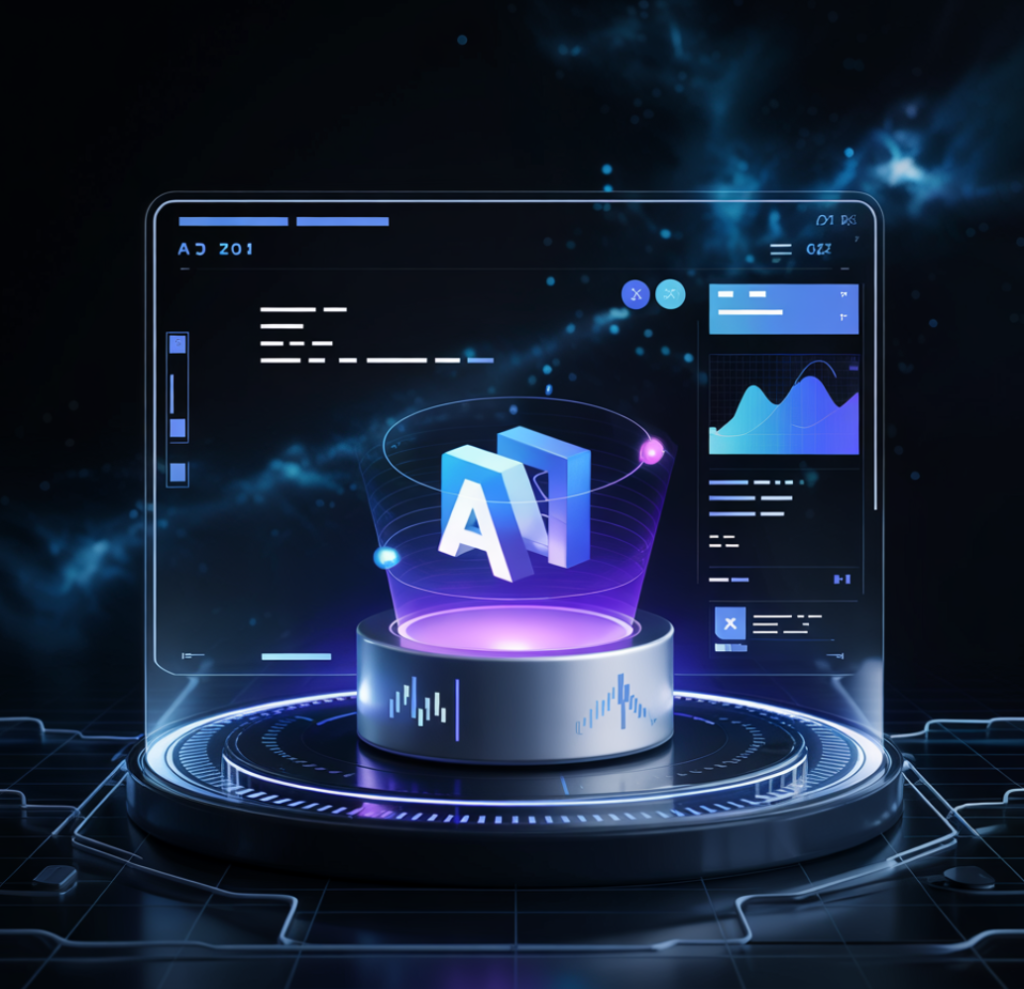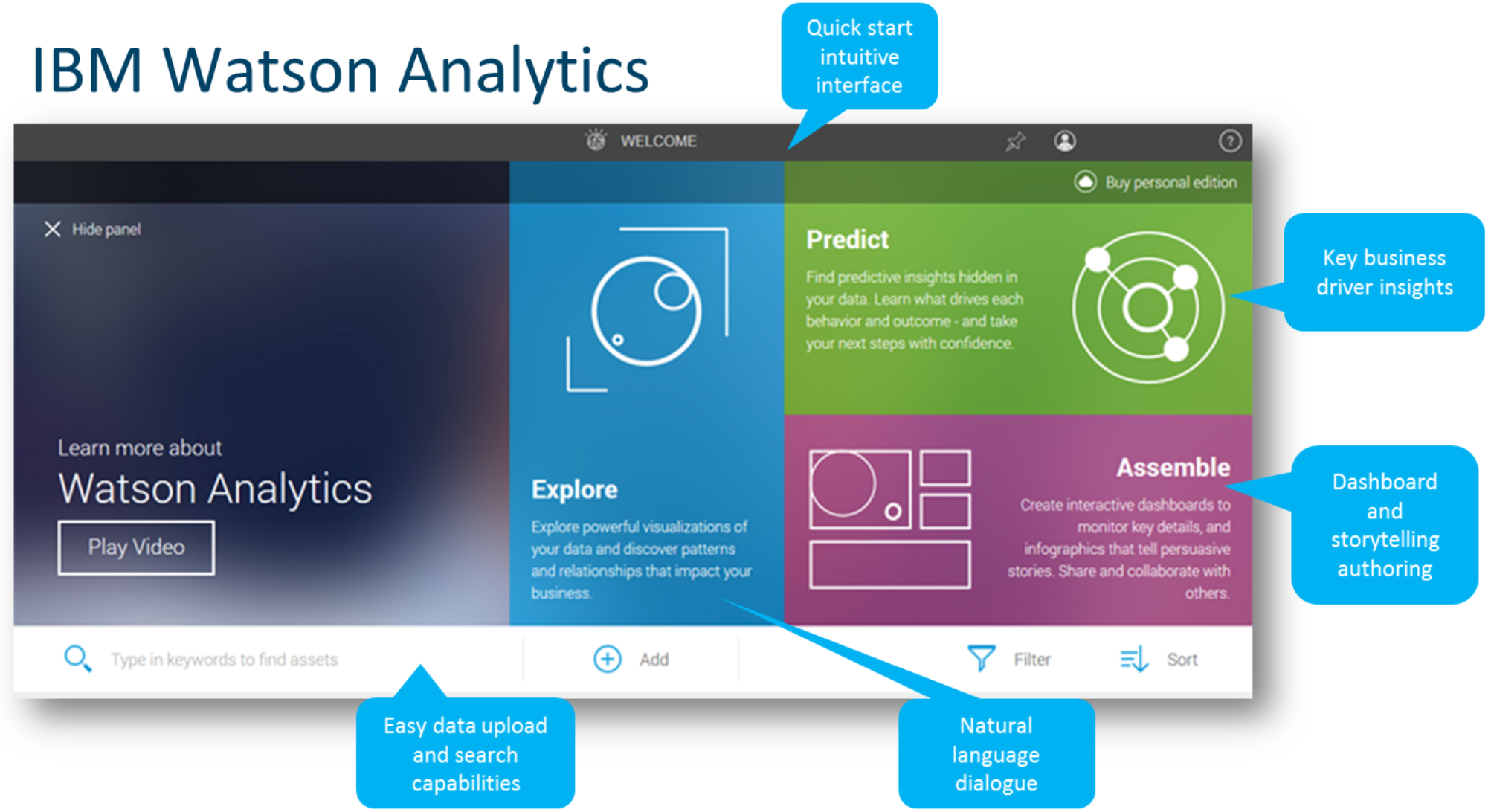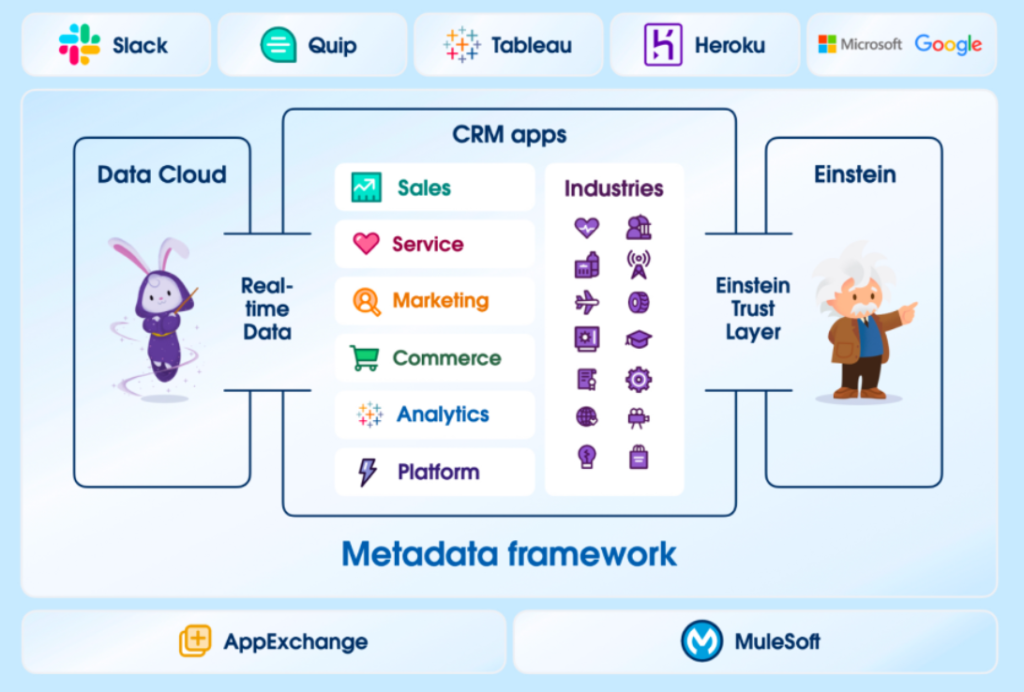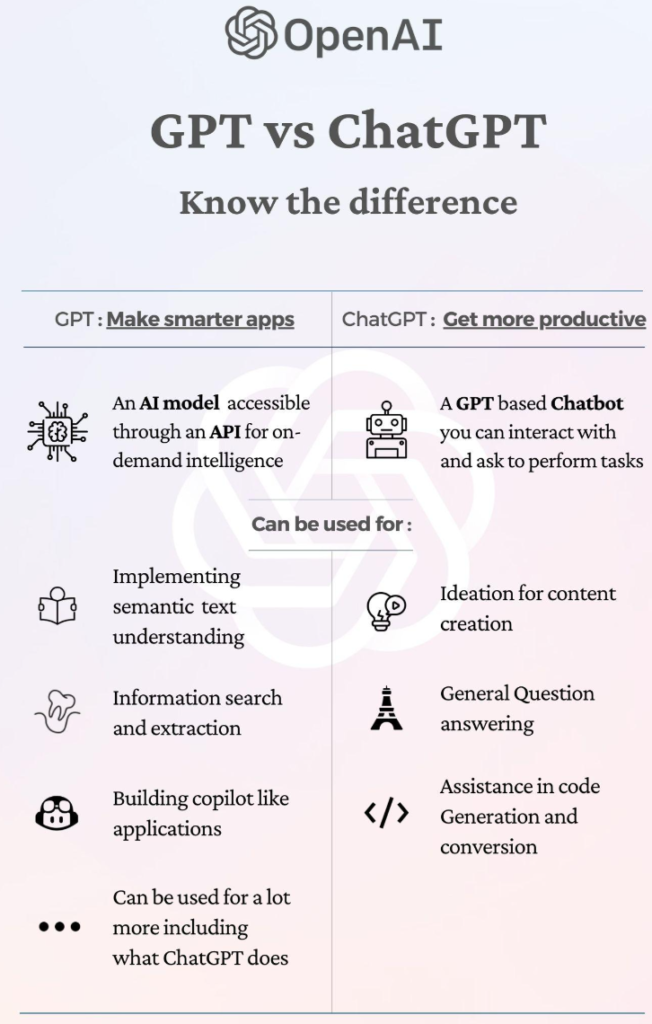In this AI Tools using guide, we break down the essential dos and don’ts to help you steer clear of expensive pitfalls. From understanding your specific needs to evaluating features and scalability, this guide offers expert tips to ensure you invest in AI tools that deliver real value and long-term success

The Importance of Choosing the Right AI Tools
Selecting the right AI tools is critical for businesses and individuals aiming to stay competitive in today’s fast-paced digital landscape. The right AI tools can save time and money by automate repetitive tasks, and unlock data-driven insights, saving time and resources. However poor choices may result in wasted investments, compatibility issues, or even security vulnerabilities.
AI tools are not one-size-fits-all solutions—what works for one organization might fail another. For instance, a startup may prioritize affordability and ease of use, while an enterprise might focus on advanced analytics and integration with existing systems. Evaluating main factors like customization, user-friendliness, and vendor support is key to making informed decisions
Making informed decisions about AI tools helps avoid compatibility issues, steep learning curves, and underwhelming results.
Key Considerations when choosing AI Tools

When choosing AI tools, it’s important to ask yourself “What is your need?” Because different AI tools are built for different tasks like automation, data analysis, or customer support. Start by listing your core needs and match them with the capabilities of available tools. This helps ensure you invest in tools that offer real, measurable value.
Another key factor is how well the AI tools integrate with your current systems as well as provide reliability and support offer by the provider. Check for compatibility with your existing software and ease of use. The right AI tools should enhance your work without requiring major changes to your setup.
Common Use Cases of AI Tools
Customer Service Automation
AI tools are changing the game in many industries. But where exactly are they making the biggest impact? One area where AI is really delivering results is in customer service. AI-powered chatbots and virtual assistants can respond to routine inquiries instantly, cutting down wait times for customers. That means a customer who needs help at 2 AM can get answers right away—and be satisfied as a result. That convenience lets human agents focus on the tough stuff, creating a more efficient service environment.
Predictive Analytics
Predictive analytics is another area where businesses are increasingly using AI. By analysing historical data, AI tools give companies the insights they need to make proactive decisions. Take a retailer: with AI, they can predict what stock they’ll need for upcoming seasons. That reduces the risk of overstocking or running out of popular items. And that can make a huge difference in profitability and customer satisfaction.
Marketing Optimization
Marketing is where AI really shines. It helps marketers analyse consumer behaviour, customize content and optimize campaigns. AI tools can do sentiment analysis and A/B testing to see what strategies really resonate with their audience. For example, an AI-powered platform can analyse customer reactions in real time and adjust campaigns accordingly—improving marketing ROI.
Human Resources and Recruitment
AI is also transforming the way we do human resources. Tools for resume screening, candidate matching and employee sentiment analysis can cut hiring time down to size. These sophisticated systems let HR teams quickly and effectively identify top talent. I’ve seen that in action: a friend recently landed a job through an AI-powered recruitment tool that matched his skills and experience perfectly.
Financial Forecasting
In finance, AI tools are invaluable for tasks like fraud detection, cash flow predictions and automating accounting processes. Machine learning models can analyse transactions in real-time to identify anomalies that could be signs of fraud. Businesses get more accurate financial insights than traditional methods can offer. That means better financial planning and risk management.
Popular AI Tools in the Market
Popular AI tools in the market are where the magic happens. Or so you’d think. Let’s take a look at some of the most well-known ones.
IBM Watson

This is where the big brains come in. IBM Watson is an advanced natural language processing capabilities make it a go-to for machine learning, language understanding and visual recognition. You’ll find it in healthcare, finance and customer service—and where analytics really come in handy.
Key Capabilities & Data-Backed Benefits
- Natural Language Processing (NLP)
- Analyzes unstructured data (emails, reports) with 95% accuracy for sentiment, intent, and entity extraction.
- Reduces customer service response times by 40% via automated query resolution (IBM, 2023).
- Healthcare Diagnostics
- Watson Health identifies oncology treatment options 30% faster than manual methods, improving patient outcomes (Mayo Clinic Case Study, 2023).
- Predicts patient readmission risks with 88% accuracy, cutting hospital costs by $2M/year (Cleveland Clinic).
- Visual Recognition
- Detects defects in manufacturing with 99% precision, reducing waste by 25% (Siemens Partnership, 2024).
- Financial Risk Analysis
- Analyzes loan default risks with 92% accuracy, minimizing bad debt by 18% (JPMorgan Chase, 2023).
Why Choose IBM Watson?
- Industry-Specific Solutions: Pre-built models for healthcare (Watson Health), finance (Watson Financial Services), and retail.
- Compliance: Meets HIPAA, GDPR, and SOC2 standards for regulated industries.
- Adoption: Used by 75% of Fortune 100 companies for enterprise AI (IBM, 2024).
Google Cloud AI Tool

Google Cloud AI suite is where you’ll find the likes of AutoML, Vision AI and Natural Language AI. These tools make it easy for businesses to build and customize their AI models. Suddenly, those complex machine learning techniques aren’t so scary anymore.
Key Tools & Data-Backed Benefits
- AutoML
- Train models with 90% less code.
- Example: Retailers using AutoML Tables saw 25% higher forecast accuracy for inventory management.
- Vision AI
- Achieves 98% accuracy in image classification (e.g., defect detection in manufacturing).
- Reduces manual inspection costs by 40% (McKinsey, 2024).
- Natural Language AI
- Analyzes sentiment with 95% precision, improving customer feedback response times by 50%.
Key Tools & Benefits
- AutoML
- Train custom models with 90% less coding effort.
- Example: Retailers achieve 98% accuracy in demand forecasting using AutoML Tables.
- Vision AI
- Analyze images/videos with 95%+ accuracy in object detection (e.g., defect spotting in manufacturing).
- Natural Language AI
- Extract sentiment, entities, and syntax; boosts customer feedback analysis efficiency by 40%.
Why Choose Google Cloud AI?
- Pre-trained Models: Use Vision AI’s OCR to digitize handwritten forms at 50% lower cost vs. manual entry.
- Scalability: Integrates with Google Cloud’s infrastructure (e.g., BigQuery) for real-time insights.
- Accessibility: 70% of users report faster deployment vs. traditional ML pipelines (Gartner, 2024).
Microsoft Azure AI Tool

Microsoft Azure AI has some pretty cool tricks up its sleeve. Speech recognition, text analytics and anomaly detection are just a few of the services it offers. Plus, its seamless integration with Microsoft products and systems makes it a no-brainer for businesses already using that tech.
- Boost productivity (code generation, task automation).
- Deploy AI chatbots for customer support.
- Generate creative content.
Ideal for secure, responsible AI solutions requiring Azure’s infrastructure. Explore linked resources to start your Azure OpenAI journey. For app deployment, see Azure App Service tutorials
Salesforce Einstein AI Tool

Salesforce Einstein brings AI smarts to the Salesforce platform. That means CRM just got a whole lot smarter. Predictive lead scoring and automated insights can give your sales team a serious edge.
Key Benefits
- Lead Conversion: Achieve 2.35x higher lead conversion with AI-driven scoring.
- Productivity: Boost sales rep efficiency by 20% via automated data entry.
- Email Engagement: Increase open rates to 71% (vs. 8–15% without Einstein).
What Makes Einstein Unique?
- Data-Driven: Uses Salesforce data (email, calendar, IoT, external sources) for AI training.
- Tailored Predictions: Custom models for unique Salesforce setups (80% custom objects).
- Native Integration: Delivers insights directly within Salesforce apps.
ChatGPT by OpenAI Tool

ChatGPT widely use AI tool can use in varies ways like content creation, coding, and general service inquiries. It is easy to use and favourite among all tech lovers which are deal with Information technology on daily basis.
Key Benefits & Data
- Content Creation
- Reduces drafting time by 50% for blogs, emails, and social media (HubSpot, 2024).
- Generates SEO-friendly content with 30% higher keyword relevance vs. manual writing.
- Coding Assistance
- Fixes bugs 40% faster and writes code snippets with 85% accuracy (GitHub, 2023).
- Used by 67% of developers for prototyping and documentation.
- Service Inquiries
- Automates 70% of routine queries (e.g., password resets, FAQs), cutting response time to under 2 seconds.
Why Choose ChatGPT?
- Zero Learning Curve: 90% of users adopt it without training.
- Multi-Platform Integration: APIs for Slack, Teams, and custom apps.
- Cost-Efficiency: Saves businesses $15,000/year on average by automating tasks (Forrester, 2024).
Mistakes to Avoid When Choosing AI Tools
Overlooking Business Needs
Don’t impress by flashy features, focal point is what really matters is whether the AI tool fulfil your requirement or not. Always start with defining your goals.
Ignoring User Experience
Tools that are clunky or difficult to navigate can hinder productivity and deter team adoption. A user-friendly interface is critical.
Neglecting Vendor Support
Make surethat the vendor provides reliable supportof AI tool which I am going to use. If issues generate, having a dependable support system can save a lot of time and stress.
Forgetting Compliance
Always make sure the AI tool follows the rules. If it doesn’t, you could end up with legal problems that you definitely want to steer clear of.
Skipping Pilot Testing
Before rolling out the tool everywhere, try it out with a small group. This can help you spot any problems or things that could be better. It’s a low-risk way to make sure the tool works for you.
Future Trends in AI Tools
As tech keeps changing, here are some cool trends to watch:
AI-as-a-Service (AIaaS)
Cloud-based AI tools give you flexibility and usually cost less, making it easier for businesses to grow their AI projects.
Explainable AI
People want to know how decisions are made. Tools that explain their choices help build trust and stay compliant.
Edge AI
Running AI directly on devices means quicker processing and better data privacy. This is great for businesses that are cautious about data security
Vertical AI Solutions
More industry-specific tools are popping up, designed to meet the needs of fields like healthcare, finance, and retail
Low-Code/No-Code AI Tools
These let anyone create AI solutions with little to no coding. This trend makes AI more accessible and opens the door for new ideas.
Conclusion
Using AI tools can really boost efficiency and productivity in many areas. By knowing how to use them, avoiding common pitfalls, and keeping up with the latest trends, businesses can find tools that work best for them.


This guide provides valuable insights into selecting the right AI tools tailored to specific needs. It emphasizes the importance of evaluating factors like scalability, integration, and support to avoid costly mistakes. By understanding your requirements and matching them with tool capabilities, you can maximize efficiency and productivity. AI tools should align with your goals and enhance your workflow seamlessly.
How can businesses ensure they choose AI tools that are both cost-effective and scalable in the long run? WordAiApi